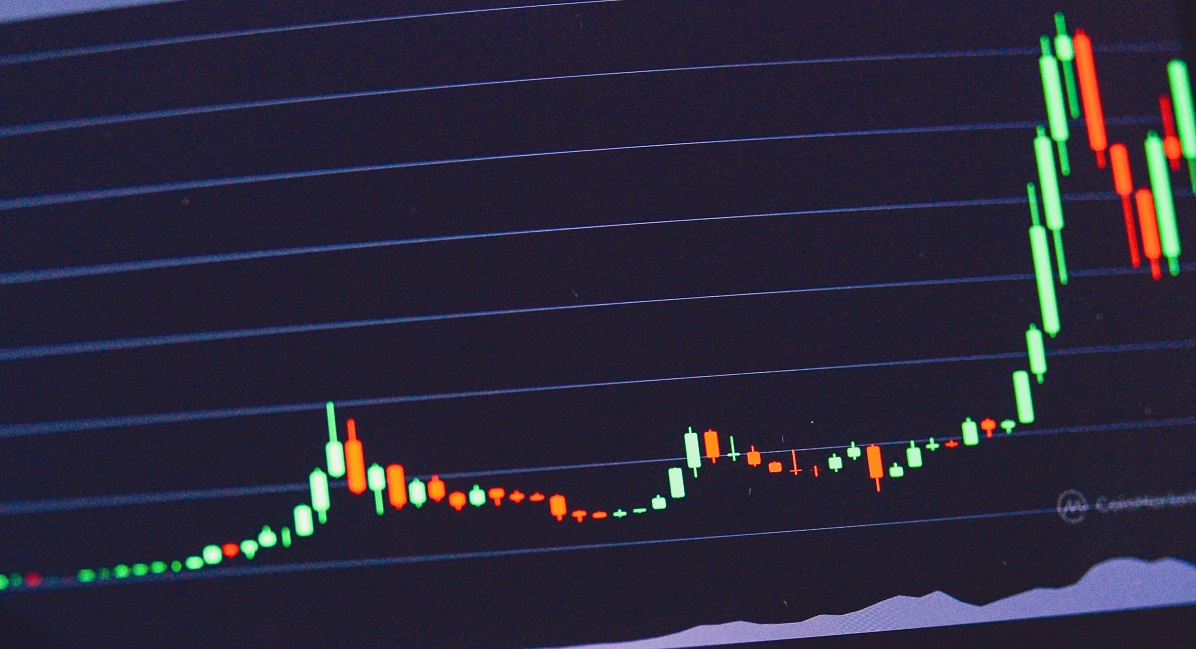
In managing the portfolio of bronze-medalist Leith Wheeler US Small/Mid Cap Equity, Vancouver-based U.S. equity analyst David Slater and co-manager, U.S. equity analyst Jeff Daley, always get out their binoculars and peer down the road to what a business is ultimately capable of earning. They’re prepared to wait patiently for their views to play out as stock prices turn their way.
One of the keys to the fund’s superior long-term record is the team’s ability to identify good companies trading temporarily at a discount, a “value” approach that requires the managers to have an opinion not widely recognized in the market.
The team pays little attention to broad macro factors such as the direction of interest rates and the economy, preferring to focus on companies with proven management teams and business models and the capacity to navigate a range of conditions.
Long-Range Bets
“We have a rough view of the big picture and the environment we’re operating in,” says Slater, “We’re prepared for what’s known - and we try to be prepared for what we don’t know could be dealt to us.” As a result, the team adheres to a far-sighted view, and a focus on what businesses will earn in the long term.
The $20.5 million Leith Wheeler US Small/Mid Cap Equity fund is part of a larger $380 million U.S. small/mid cap pool managed at Vancouver-based Leith Wheeler Investment Counsel Ltd. The four-star F Series is a Morningstar bronze medalist and has handily beaten its peers for the three-year and five-year periods ending Aug. 31.
For the three years, the F Series showed an average annual compound return of 11.9%, and its five-year average gain was a top quartile 7.5%. For this year ended Sep. 7, the fund gained 1.29%, lagging the index and peer group in Morningstar’s U.S. Small/Mid Cap Category.
Smaller companies have generally lagged broader market indices such as the Standard &Poor’s 500 Index in recent times due to the market dominance of a handful of technology behemoths, which Slater describes as “brutally resilient.” On August 31, the S&P 500 Index was up roughly 15% year-over-year, despite rapidly rising interest rates and recession fears.
Extended Exuberance in the Market
Slater says he continues to see speculation and “animal spirits” in the stock market.
“We’re poking around, but the pricing is often not super favourable,” Slater says. “It’s tough to find attractive businesses at attractive prices, and we need an attractive price. Investors are not scared at this point -- but that only happens about 5% to 10% of the time. When times are tough, well-priced opportunities are easier to find.”
Generally, what he likes about the small/mid-cap market is that it is less widely followed by analysts than the large-cap world and therefore it’s easier to find mispriced, misunderstood, or undiscovered gems.
No Profit? No Deal.
Of the small/mid-cap companies included in the Russell 2500 index, Slater says about a third are not yet profitable and therefore not of interest. Thus, the universe of possibilities shrinks to about 1,500 to 1,700 companies, and from those the team winnows the list down even further.
About 250 companies qualify for the “on-deck” list, where they aren’t considered an immediate fit but are closely followed by the team and could later be actionable ideas.
Closely Watching for Contrarian Opportunities
For example, the team had an eye on U.S. cable firm Cable One Inc. (CABO) for several years but didn’t buy it until last year when the price became attractive due to investor worries that growth would be hurt by competition from other fibre and wireless providers.
“We think the opposite,” Slater says. “There are strong barriers to entry and Cable One offers a high level of service. It’s a stable, well-run business with a decent growth trajectory.”
Fund holdings are mostly based in the U.S., but the portfolio may hold 10% of assets in other geographic areas. For example, it holds Canada-based firm Brookfield Infrastructure Partners LP, which oversees a global network of high-quality, long-life infrastructure assets.
Leith Wheeler US Small/Mid Cap Equity currently holds a concentrated portfolio of about 25 companies, and the team is highly selective. The market capitalization of holdings typically ranges from US$1 billion to US$10 billion, but the fund can contain firms both bigger and smaller than these rough parameters.
“We like to know the businesses extremely well – that’s a risk mitigator for us,” Slater says.
Often businesses are held for several years as their potential unfolds, and portfolio turnover is a relatively low 15% annually. Slater says the team might buy two to four new holdings a year.
“Good businesses are hard to find, and we’re reluctant to sell them as long as growth potential is there,” he says.
However, to minimize risk and ensure adequate diversification, positions are pared if their stock price escalates, usually heeding to a weight of 3% to 5.5% of the portfolio.
Although there are no hard limits on sector weights, the managers ensure that holdings have diverse and complementary sources of revenue.
Top Small/Mid-Cap Value Stock Picks
The largest position in the fund is health care firm Henry Schein Inc. (HSIC), a global distributor of medical and dental products, ranging from vaccines and pharmaceuticals to equipment and financial services. The company is dominant in its field and has a history of prudent acquisitions.
As often happens with small and mid-cap companies, a top holding called Univar Solutions Inc., a global chemical distributor, was bought out earlier this year and privatized. Apollo Global Management Inc. (APO) was the purchaser, and the Leith Wheeler team has been busy redeploying the proceeds.
Among new portfolio additions has been Crown Holdings Inc. (CCK), a manufacturer of aluminum cans used in the packaging of beverages, food and aerosols. Aluminum packaging is easily recyclable and the products are benefitting from a shift away from plastic.
“The growth driver is the environmental favourability of aluminum cans, and we see this trend gaining force around the world,” Slater says.





















